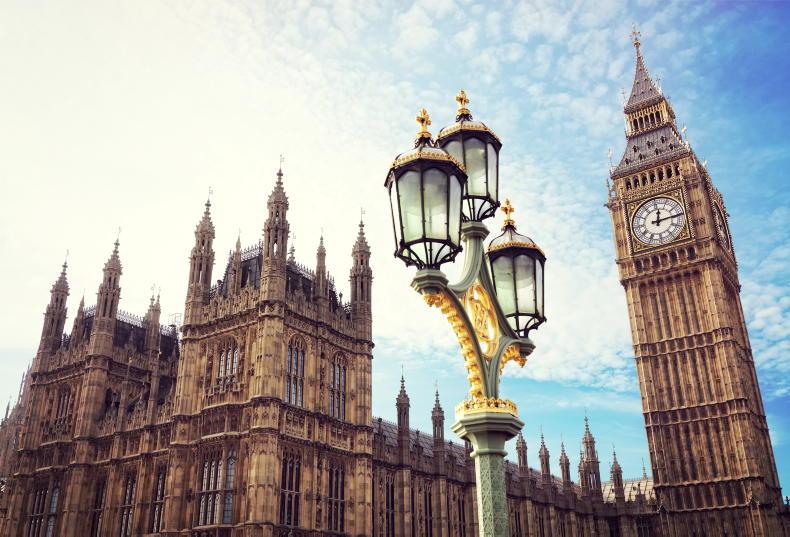There is no sign of the UK government backing down on plans to reform Inheritance Tax (IHT), with all the main proposals initially put forward in last autumn’s budget included in a draft Finance Bill published on Monday.
Those reforms, which are due to apply from 6 April 2026, include a new £1m allowance for the combined value of assets that qualify for agricultural property relief (APR) and business property relief (BPR). Beyond that threshold, assets will be subject to a 50% rate, which effectively equates to a 20% IHT charge.
Where a family is hit with an IHT charge, there will be the option to pay the tax by equal instalments over a 10-year period, interest-free. However, there is one notable addition in the documents published on Monday, with the £1m threshold to be adjusted in line with inflation, although this won’t kick in until 6 April 2030.
UK Chancellor Rachel Reeves confirmed last autumn that other IHT thresholds such as the nil-rate band (£325,000) and residence nil-rate band (£175,000) would remain frozen until at least 2030.
Support
Justifying its decision to press ahead with IHT reforms, the government papers argue it is to help fund public services, while at the same time “continuing to support farms and businesses by targeting the reliefs to make them fairer”.
The documents repeat claims that have been widely disputed by farming organisations that in the 2026-2027 financial year, just 520 estates claiming APR are expected to pay more IHT.
“These estimates are static and assume no change in behaviour, such as tax planning, which may reduce the numbers of estates affected. As such, these estimates should be viewed as a maximum,” states the government papers.
However, farmer representatives have put forward clear evidence to show this estimate is out by a factor of five.
That has effectively been ignored, as have farmer protests against the IHT reforms. According to the government papers, the changes to IHT will only impact a “small number of estates” so are “not expected to have a material impact on food security”.
The papers also repeat claims that when all allowances are added together, a farming couple could pass on £3m of assets tax-free.
That can only happen in a unique set of circumstances, especially given that government has stuck to its plan that the £1m APR/BPR allowance cannot be transferred between spouses.
Clawback
Responding to the publication of the draft IHT legislation, National Farmers’ Union (NFU) President Tom Bradshaw again urged the government to consider a “clawback” proposal. Under that, IHT would only apply to qualifying assets (such as farmland) if it is disposed of within seven years of death.
“Despite our persistent efforts, Chancellor Rachel Reeves still refuses to meet us to discuss our alternative clawback proposal.
“The Treasury claims our solution will raise less revenue, but is refusing to release the modelling on how it came to this conclusion,” he said.






 This is a subscriber-only article
This is a subscriber-only article










SHARING OPTIONS: